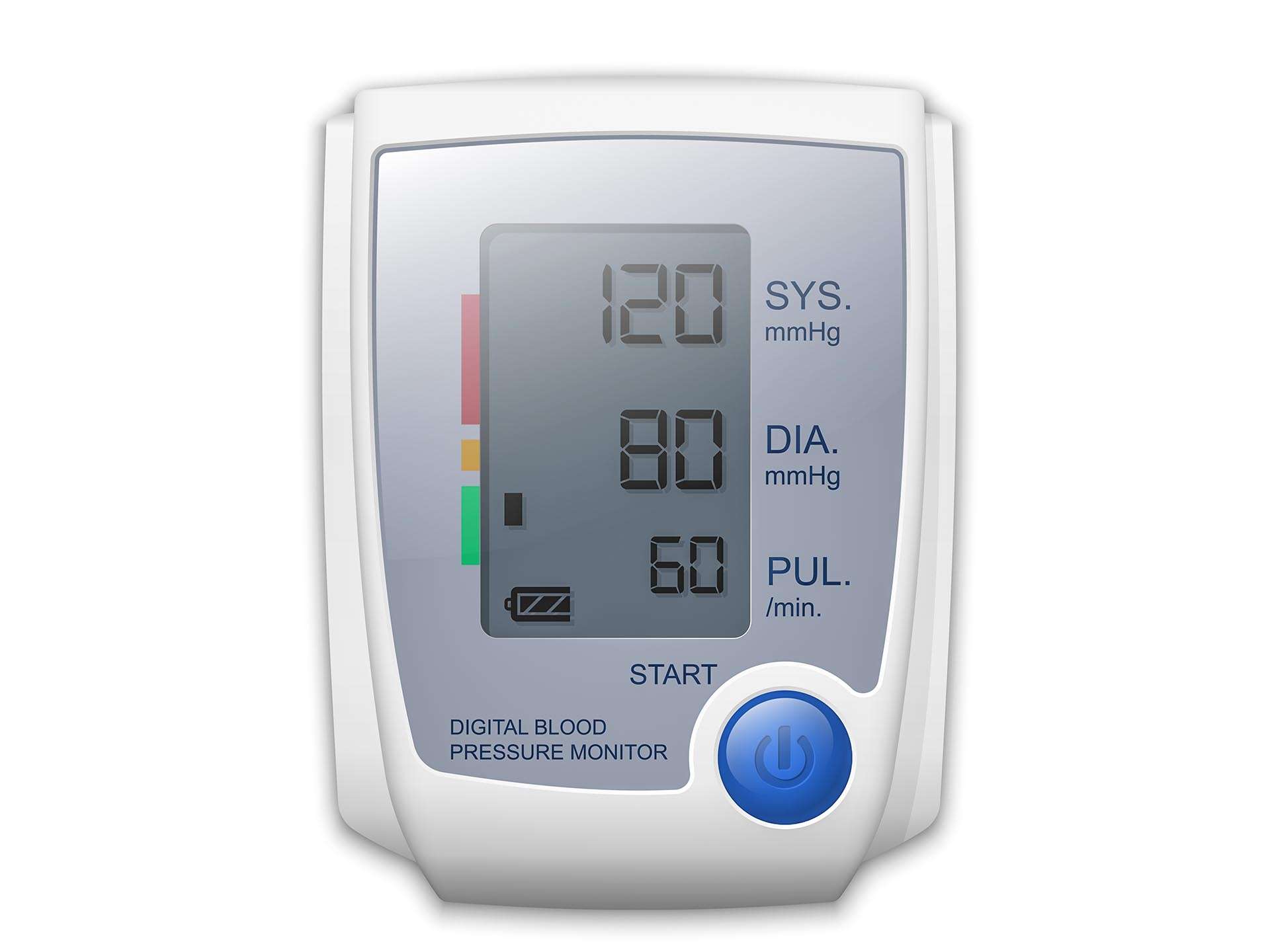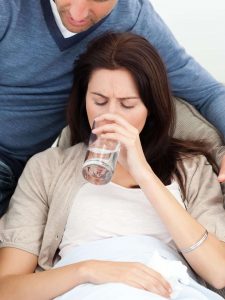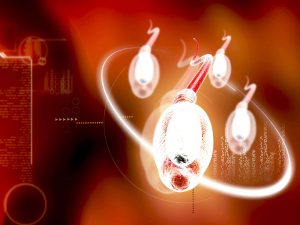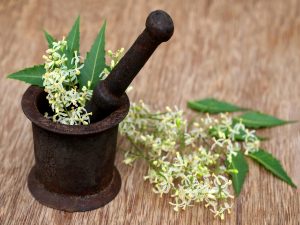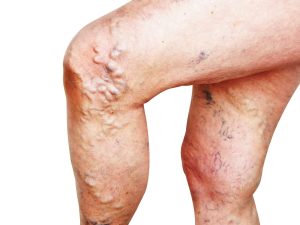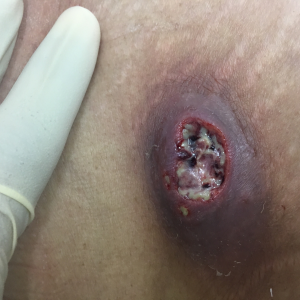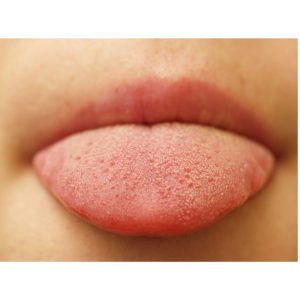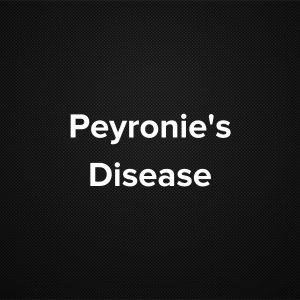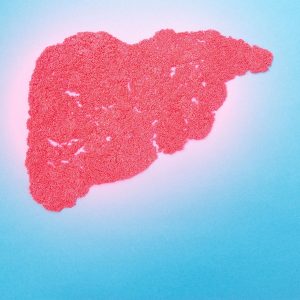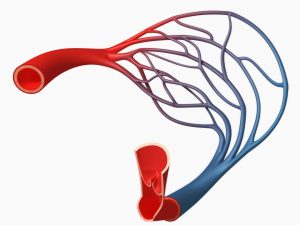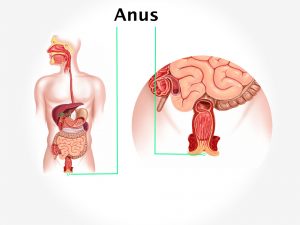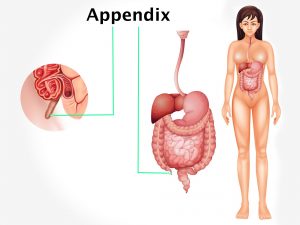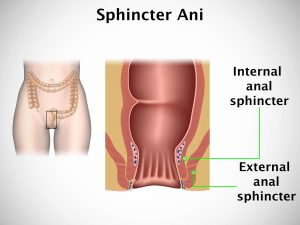Haemorrhoids
About the half of population in Western countries suffers at some time from haemorrhoids, which are swollen or twisted veins in the walls of the anus. Otherwise known as piles (from the Latin pilae, meaning ‘balls’), these varicose anal veins can often be prevented by eating the right foods and, unless severe, they can usually be alleviated through natural therapies.
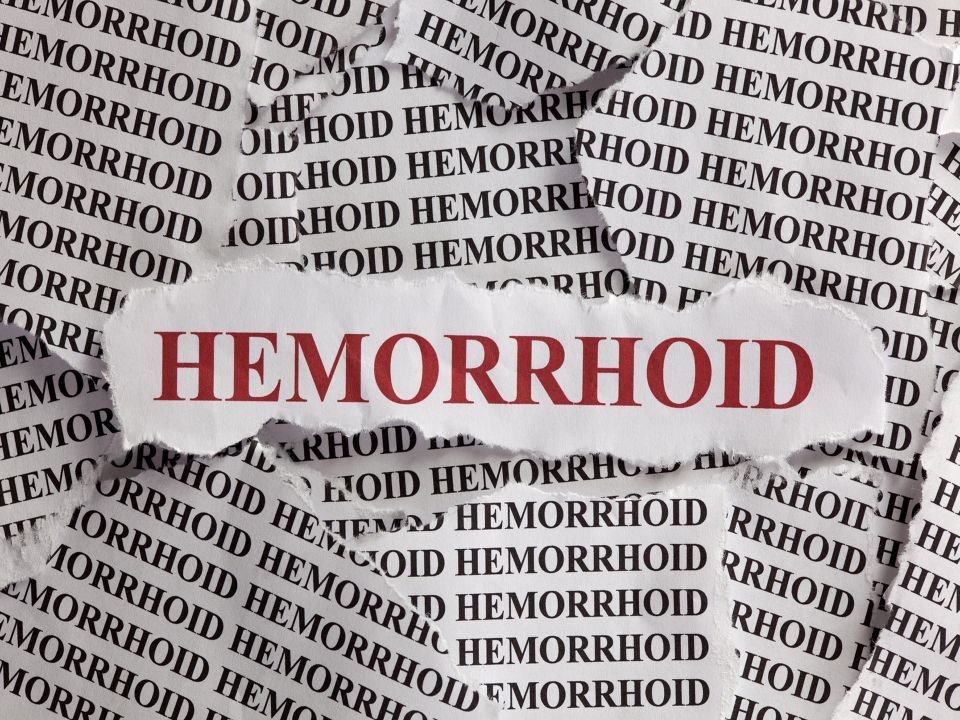
Haemorrhoids
Hemorrhoids may be internal i.e. within the anal canal or external, when they may be felt as little knobs or balls around the anal opening. Prolapsed hemorrhoids protrude outside the anus. Symptoms may include painful defecation, itching and rectal bleeding. Pain may be severe if large HEMORRHOIDS are inside the anus. Hemorrhoids are usually caused by constipation, when straining to pass hard stools increases the pressure in the anal veins, making them dilate. Constipation also makes existing hemorrhoids worse, since passing hard stools abrades the dilated veins and the strain of trying to have a bowel movement puts pressure on the anus.

Prevention
Lose any excess weight. Eat a well-balanced, high-fiber diet to provide the nutrients needed to keep veins strong and healthy and to prevent constipation. Drink at least six extra glasses of water daily to help soften stools. Exercise regularly to ensure good circulation.
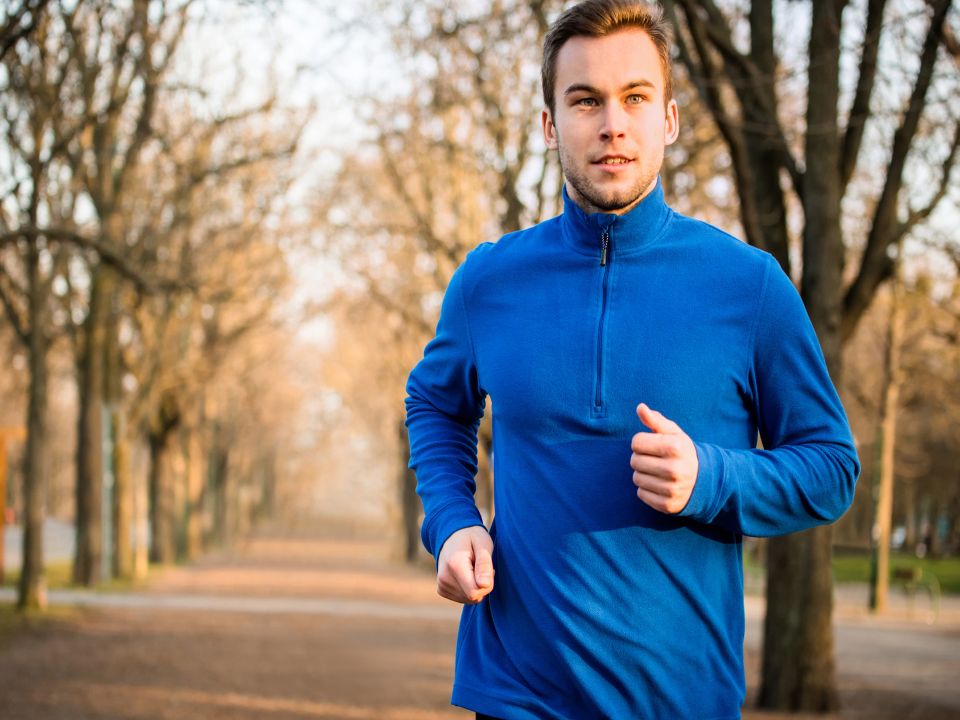
Treatment
During flare-ups of pain, take daily breaks. Don’t stand still for long periods, and exercise vigorously for at least 20 minutes on most days to improve circulation.
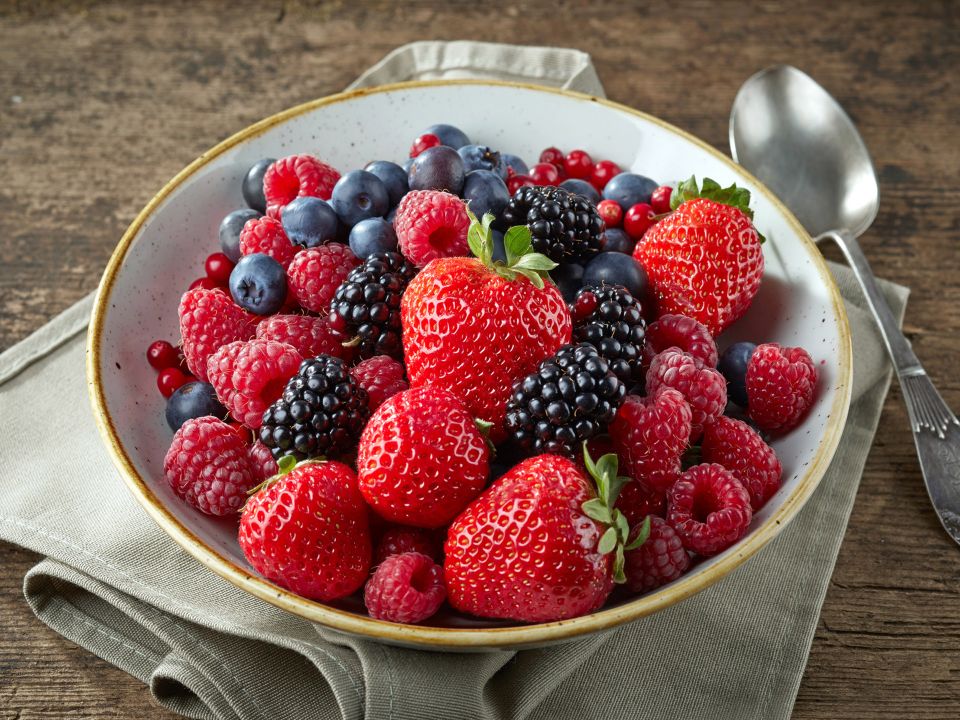
Diet
Eat plenty of fresh fruits and vegetables, whole grains, nuts and seeds. These contain fiber, which helps treat constipation, as well as vitamin C, silica and flavonoids that help make vein walls strong and flexible. Berries, cherries, and buckwheat are good sources of flavonoids.
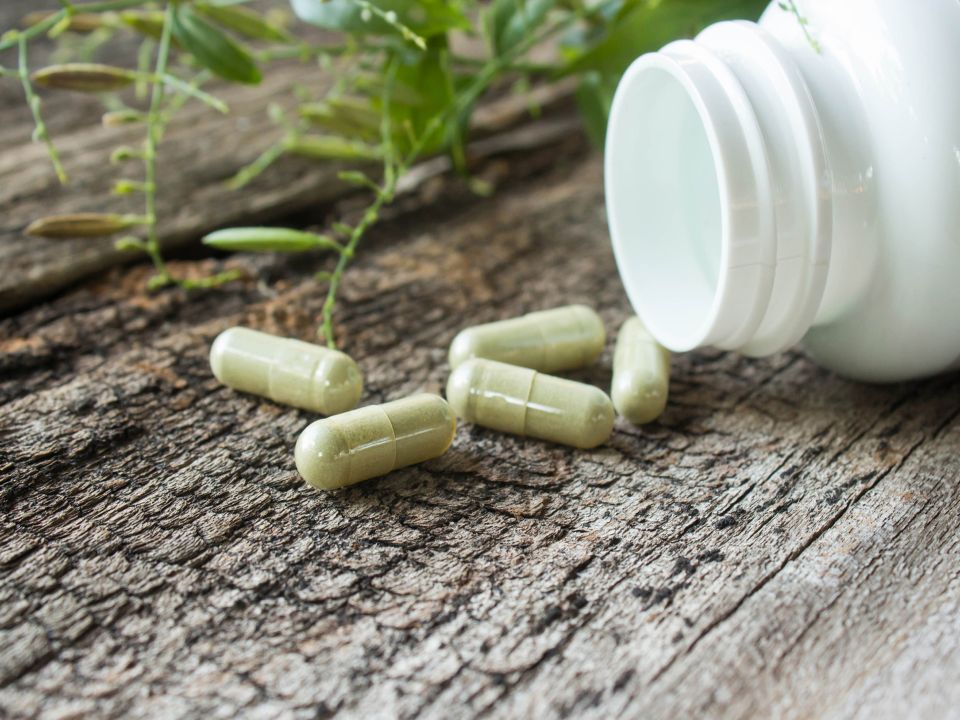
Supplements
You can strengthen vein walls with supplements of vitamin C, and flavonoids
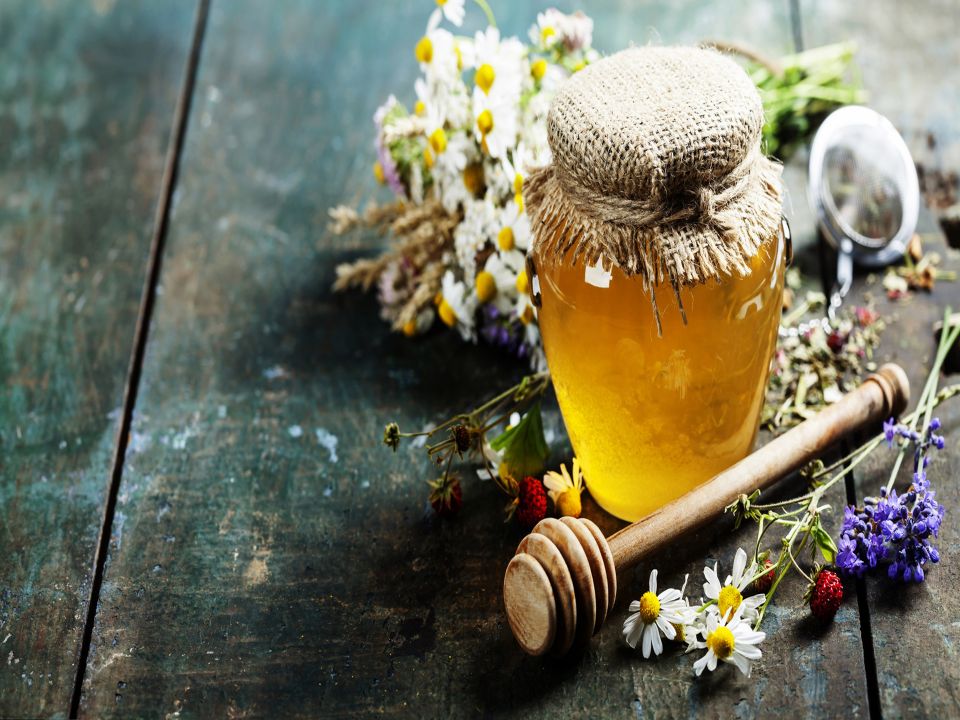
Herbal Remedies
Gently wash and dry the anal area, then apply one of the following to soothe and shrink swollen veins: 1. A cold, astringent solution made from a table-spoon each of distilled witch hazel and strained marigold (calendula) tea in a cup of water. 2. Pilewort (lesser celandine) ointment. Apply to the affected area in the morning, at bedtime and after washing. 3. Take hawthorn as well as garlic, in tablet or capsule from, to improve circulation. 4. Add half a liter of strong, strained marigold (calendula) tea to a bath to tone and strengthen the affected veins.
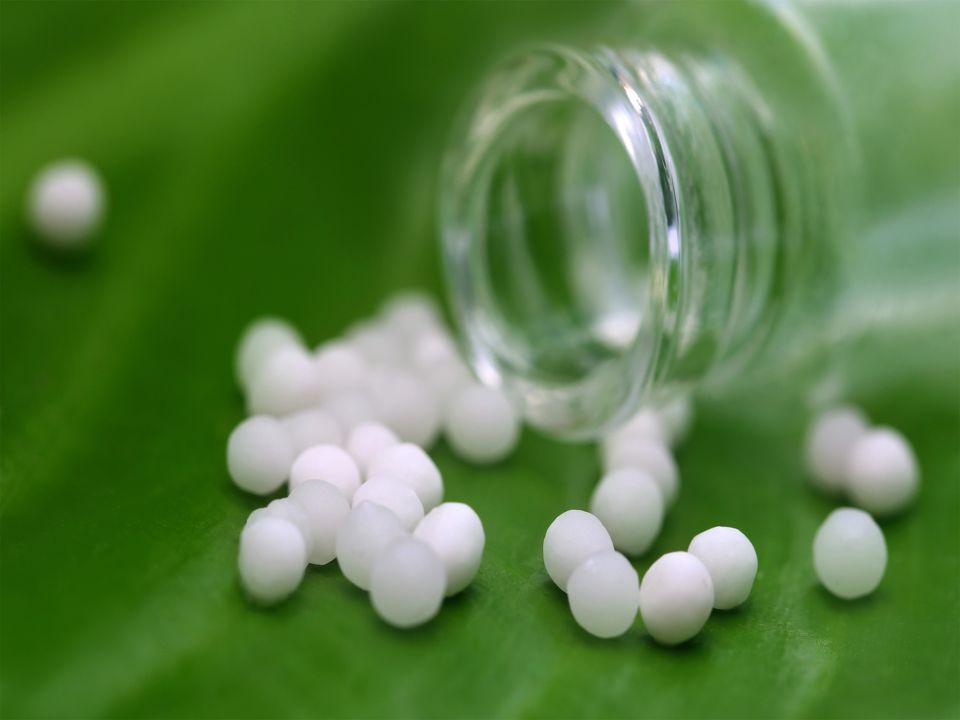
Homeopathy
Apply the homeopathic cream containing Arnica to soothe the affected area. Sulphur and Nux vomica, alternated on daily basis, can often be helpful.
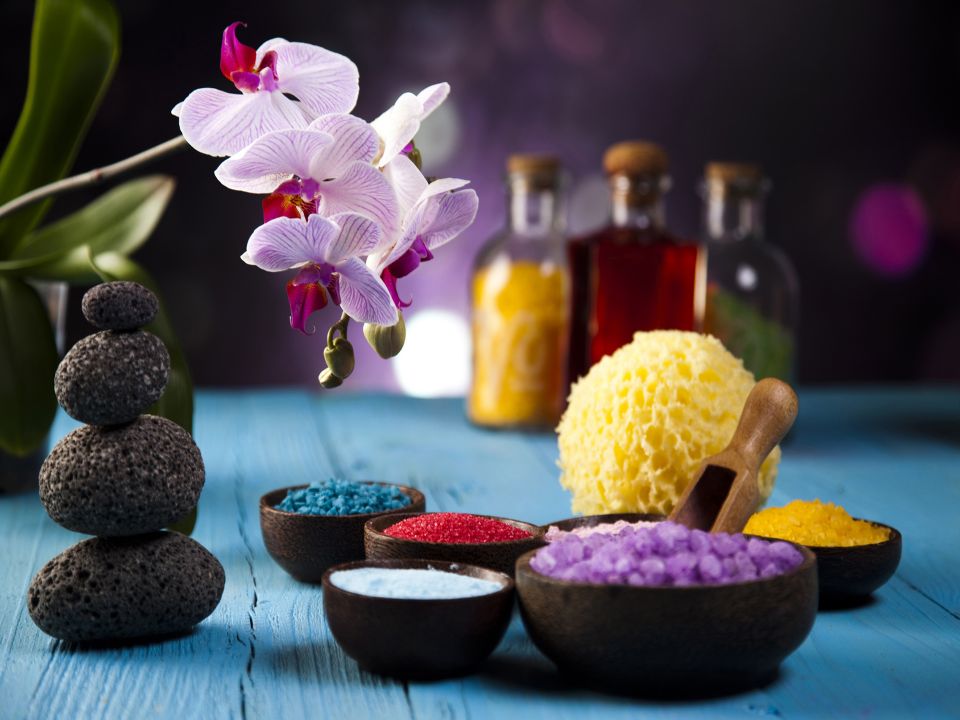
Aromatherapy
To strengthen vein walls, try adding six drops of lemon, lavender, rosemary, and cypress or juniper berry essential oil to your bathwater. If you are pregnant, however, you should avoid juniper berry oil throughout pregnancy, and rosemary and cypress oils during the first 20 weeks of pregnancy.

Hydrotherapy
1. To ease itching, wash with unscented soap and water. Rinse the area with cold water. 2. Take alternate hot and cold sitz baths each day to improve circulation. 3. If your hemorrhoids are very painful, apply crushed ice to the area for a few seconds or spray with iced water.
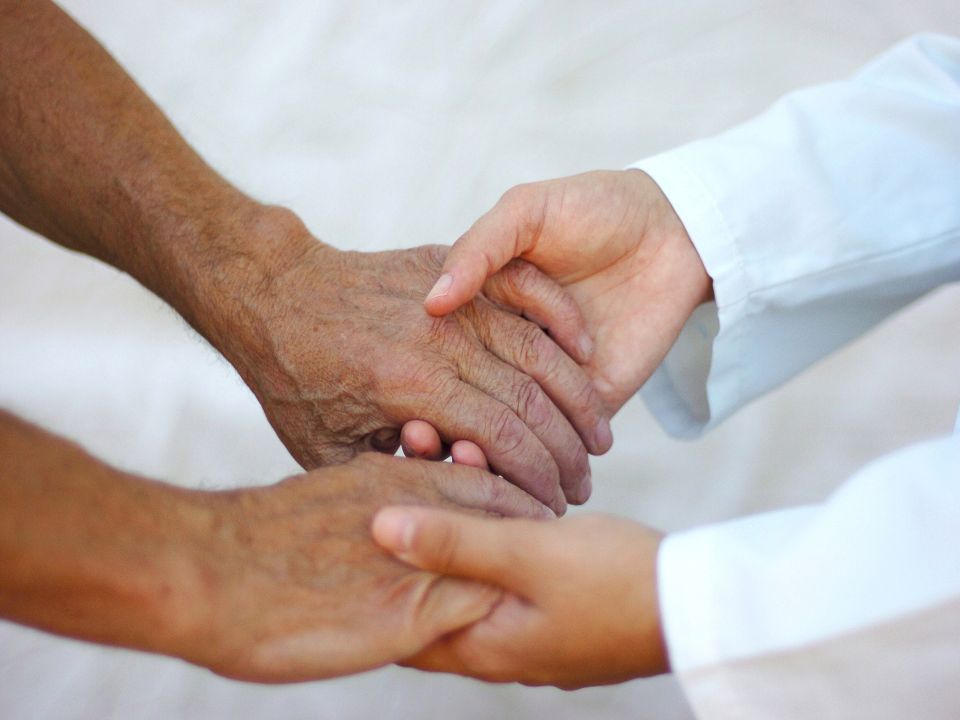
Seek medical help if
You notice blood in stools or rectal bleeding. You have unexplained diarrhoea, or constipation for more than 2 weeks. Symptoms do not improve with treatment. There is weight loss. Get urgent help in case of severe rectal bleeding.
